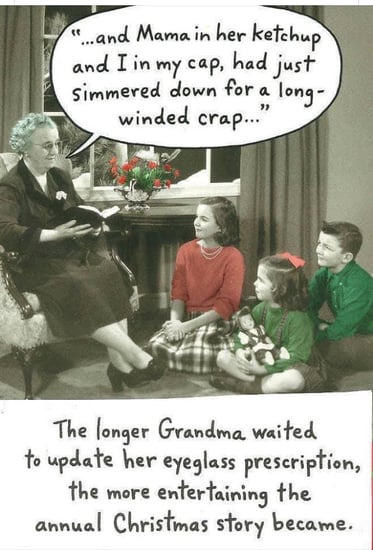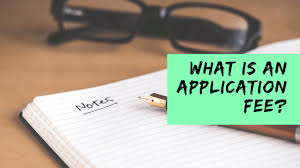 There is a big difference between an application fee and a deposit for third party reports.
There is a big difference between an application fee and a deposit for third party reports.
What is an Application Fee?
An application fee is a fee charged by a commercial real estate lender or a commercial mortgage broker to underwrite a borrower's loan. It is usually used to pay for third party reports. It can sometimes be used to pay for the lender's or broker's time and costs in just underwriting a commercial real estate loan. Application fees can range anywhere from $500 to $200,000.
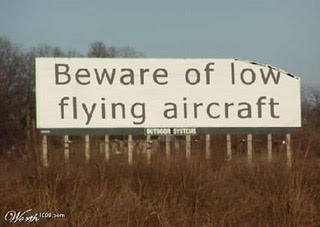
Third party reports are reports from outside professionals that are used by lenders when underwriting potential commercial real estate loans. Examples of third party reports include appraisals, toxic reports, title reports, structural engineering reports, and surveys.
Application fees are greatly abused by con men to steal millions of dollars from unsuspecting commercial loan borrowers every year. If you are reading this article because some so-called "commercial lender" is demanding some huge application fee, trust your instincts. You are probably being conned.
The way the con works is that some company with a fancy sounding name offers you a very generous amount of money at an interest rate that sounds irresistible - say, 80% loan-to-value at 3% fixed for fifteen years.
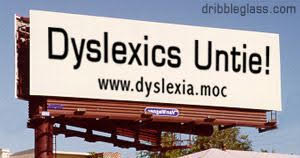
To get the loan, all you have to do is to give the "commercial lender" an application fee of $20,000. Once the "commercial lender" has your money, he disappears and ghosts you.
Here is a longer article I have written on the subject of advance fee fraud (application fee fraud) that should be very helpful for you.
But... life is complicated. Legitimate commercial lenders, like banks, hard money commercial lenders, and Blackburne & Sons, my own hard money shop, still have to order third party reports in order to make commercial real estate loans.
The borrower doesn't want to pay for third party reports unless his loan is already approved, but the commercial lender can't approve the commercial loan request until it reviews the third party reports. It's almost a Catch-22. The way this Catch-22 is solved is through the issuance of term sheets.
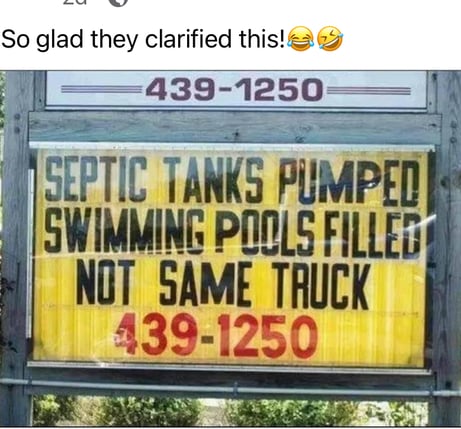
What is a Term Sheet?
A term sheet is a written expression of interest by a lender in making a commercial real estate loan and a good faith estimate of the eventual terms. A term sheet is not a commitment letter. It is not legally binding on the lender, but in practice it is a very positive and encouraging statement.
If your borrower receives a term sheet, it generally means that his loan is going to be approved, assuming the property appraises for enough money and the toxic report comes back clear.
Term sheets are sometimes also called conditional commitment letters, proposal letters, or good faith letters.
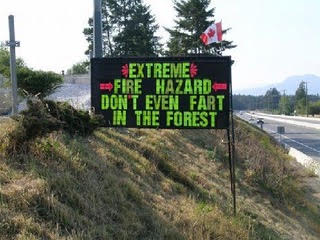
Okay, so the commercial loan marketplace is flooded with advance fee scammers. At the same time, legitimate commercial lenders still need to collect $3,000 to $4,500 for third party reports.
How to Spot Advance Fee Scammers:
So how does a layman tell a legitimate commercial lender from an advance fee scammer? Here are some clues:
Banks and credit unions are clearly legitimate commercial lenders; but be careful of any "commercial lender" masquerading as a bank. It is illegal for a non-bank to use the words, "bank," "banc," or "bankers" its name. For example, the names Northwestern Bankers or Wilmington Banc Mortgage are illegal if these "commercial lenders" are not actual FDIC-insured banks.
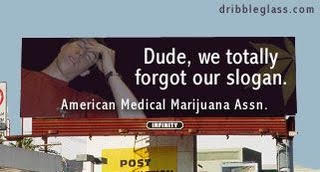
The following will sound obvious, but you will be surprised at how many commercial borrowers, desperate for a loan, will ignore it: In order to be a legitimate commercial lender, you have to have money to lend.
Banks and credit unions get their dough from depositors. Life companies get their lending dough from insurance premiums. Hard money lenders have funds, or they syndicate groups of private investors.
But where on earth does Northwestern Bankers get its dough to lend? The con man better have a pretty good story.
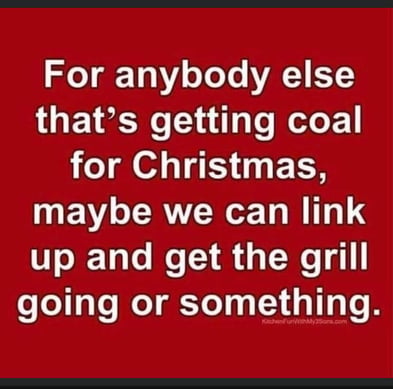
Take a look at the so-called "commercial lender's" website. Commercial loans are usually large loans, so the website should be very, very extensive.
Here's a quick tell. If the website lacks a physical street address, the "commercial lender" is a con man. These con men don't want angry victims showing up in their office.
Here is another great tell: When you call the lender, does a real-life person answer the phone? Or do you have to leave a phone number and wait for a call back? Remember, con men need to screen every call to avoid getting a tongue-lashing from furious past victims.
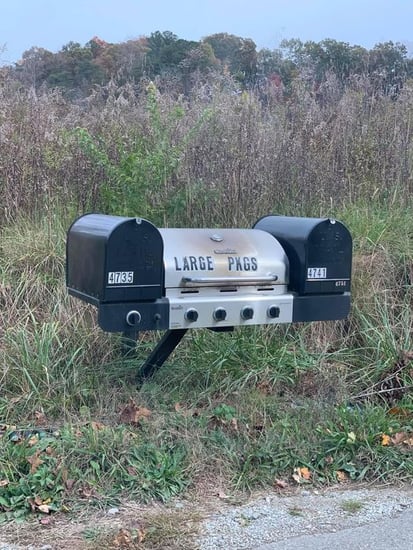
Legitimate commercial lenders are never-ever-ever international lenders. That great offer from a Swiss life insurance company? Uh-huh. It's a con. There are huge tax penalties levied on foreign lenders trying to lend in the U.S. We don't want Germany's largest bank undercutting JP Morgan Chase, so we tax them into oblivion.
Lastly, be very wary of commercial loan offers that are almost too good to be true. They are cons. The difference between the cheapest commercial lender in the country and the second cheapest is a mere 1/8th of one percent.
If all of the banks in town are offering 5.5% and some other "commercial lender" is offering 3.5%, what on earth is going on? To get all of the business, a hungry bank merely has to lower its rate to 5.25%. Why go all the way to 3.5%? It makes no sense from a capitalistic point of view. It's a con.

One lender offers you 80% LTV at 3.5% fixed for 30 years. A strange, unknown hard money lender offers you 55% LTV at 14% for two years. Which one is the con man? I hope by now you will immediately say the first offer.
I tend to trust very expensive, very conservative, very short term offers.
But be very careful of the lightning fast loan commitment at outrageous rates based on 50% of "quick sale value." What the heck is quick sale value? There is no enforceable definition in the law.

The lender will charge you a $200,000 commitment fee for a $10 million commercial loan, as long as the loan does not exceed 50% of quick sale value.
When the appraiser goes out, he values your $20 million resort at just $7 million on a quick sale basis. The lender then offers to fund a $3.5 million loan, when you owe $7 million. When you decline it, the lender keeps your $200,000 deposit and blames you for over-valuing your property.
I am shocked - shocked I tell you - that there are con men in this business.
